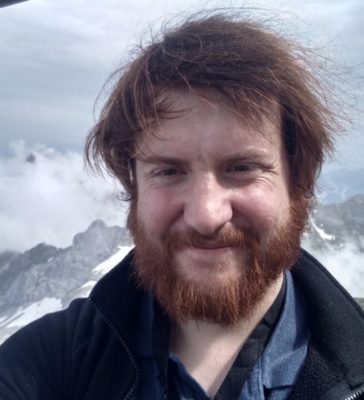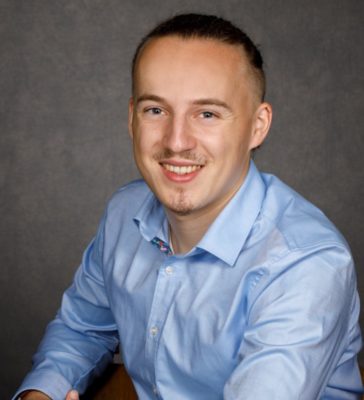
Terita Deare
Current Employer/Organisation Name
NIRAS UK
Tell us about your background and why you chose to go to university
I grew up in Vancouver, BC in Canada where I grew up next to an important bird area for migratory birds and an ecologically important river for other wildlife species. I connected deeply with the wildlife in my neighbourhood albeit my family were not as much into nature as I was. I decided to pursue a career path in the environmental field studying endangered wildlife as I felt they desperately needed to be conserved. I completed my undergraduate studies in ecological restoration, focusing on restoring degraded habitats for amphibians and birds in Canada solely. However, I wanted to do more international wildlife research, so I moved to the UK to complete a Masters degree in conservation.
How did being awarded the Global Excellence scholarship make you feel?
I was ecstatic because of my financial situation at the time and the expense of international tuition fees, I would never be able to do a Masters degree without this scholarship which greatly improved the likelihood of me being in a career I dreamt of.
How did winning a Global Excellence scholarship help you with your studies?
It relaxed the financial pressure on me whilst I studied and relieved the burden of accumulating more debt.
Tell us about your experiences in Exeter – living in the city, joining societies, your favourite part of your studies:
The Cornwall campus was a dream come true really, the beautiful gardens that crisscrossed the campus made for relaxing study breaks from the library and Master’s suite – of course living by the sea was a big plus too! My favourite part of my studies was completing my dissertation where I did a self-generated project on a subject I was dreaming about studying since I was 11 years old. My studies included two international trips to Kenya and Cambodia which broadened my horizons on international issues facing global wildlife populations.
How have your studies at Exeter helped you on your career journey?
I was able to gain a graduate-level role in a company focused on providing environmental assessments for renewable projects paving the way for a net-zero UK which is giving me hands-on and technical skills to protect UK’s struggling seabird populations.
What are your plans for the future?
I plan to continue working as a seabird ecologist eventually moving into a NGO/charity organisation fighting and protecting the world’s most vulnerable, threatened and endangered species.

